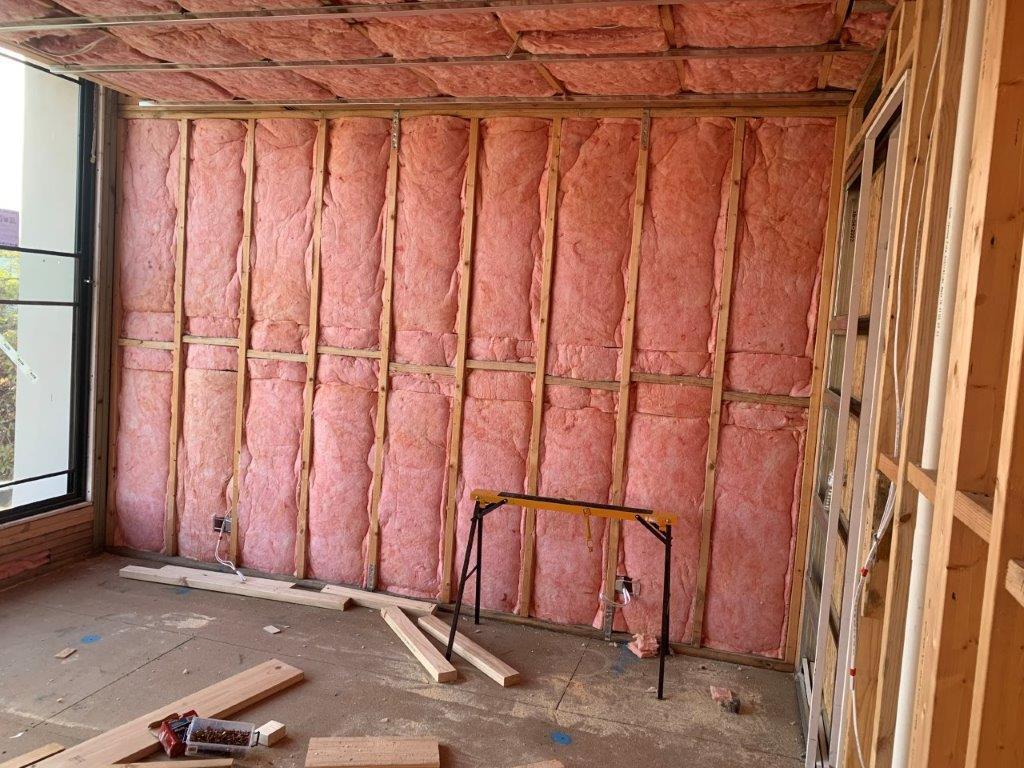
How Insulation Upgrades Can Reduce Your Energy Bills Oct 16, 2025
Insulation acts as a barrier that controls the flow of heat into and out of your home. During the chilly winter months, it helps retain warmth indoors, while in the summer, it keeps the searing heat outside. By effectively managing this thermal flow, insulation significantly reduces the need for constant heating and cooling, two of the biggest energy consumers in any household.
Begin by assessing your current insulation. Many homes, especially older ones, might not meet today's standards for insulation thickness or material quality. The attic is often the primary culprit, as heat tends to rise and escape through poorly insulated ceilings. Walls and floors, especially over unheated areas like garages or crawl spaces, can also be major sources of energy loss. Upgrading to modern insulation materials such as spray foam, cellulose, or fiberglass batts can vastly improve your home's ability to conserve energy.
One of the biggest benefits of upgrading insulation with Robinsons Insulation Company LLC is the immediate impact it can have on energy bills. Proper insulation reduces the need for heating during cold months and cooling during hot months. The result? A significant reduction in energy consumption which translates to lower monthly bills. According to the U.S. Department of Energy, homeowners can save up to 15% on heating and cooling costs by adding insulation to attics, crawl spaces, and basements.
Beyond financial savings, better insulation also leads to increased comfort. Consistent indoor temperatures mean fewer drafts and cold spots, resulting in a more comfortable living environment. On particularly hot or cold days, a well-insulated home maintains a stable climate without over-reliance on HVAC systems. Additionally, insulation can help block noise pollution, creating a quieter home environment.
Environmental impact is another important consideration. By reducing energy consumption, upgraded insulation helps lower your carbon footprint. Less energy used means fewer fossil fuels burned for electricity and heat, contributing to a more sustainable environment.
When upgrading your insulation, it's important to consider the R-value, which measures material resistance to heat flow. Higher R-values indicate better insulation performance. Different areas of the home might require different R-values, depending on local climate conditions and specific installation needs. Consulting with experts like Robinsons Insulation Company LLC ensures you get the right type and amount of insulation, tailored to both your home and budget.
Ultimately, insulation upgrades offer a win-win scenario for homeowners: reduced energy bills, increased comfort, and a positive impact on the environment. By investing in better insulation, not only can homeowners enjoy a more efficient living space, but they also contribute to larger environmental benefits.
In conclusion, upgrading your insulation is one of the most effective strategies for reducing energy bills and enhancing home comfort. By consulting with professionals and selecting the right materials and techniques, homeowners can achieve significant savings and a more sustainable lifestyle. If you're ready to see the difference insulation upgrades can make, reach out to Robinsons Insulation Company LLC to explore your options and start saving on energy costs today.
/filters:no_upscale()/filters:format(webp)/media/54152af8-cd40-4d2d-8525-696ee8b06440.jpeg)
/filters:no_upscale()/filters:format(webp)/media/b49b0f42-fdd4-4b4e-953f-2d67326c74ab.jpeg)